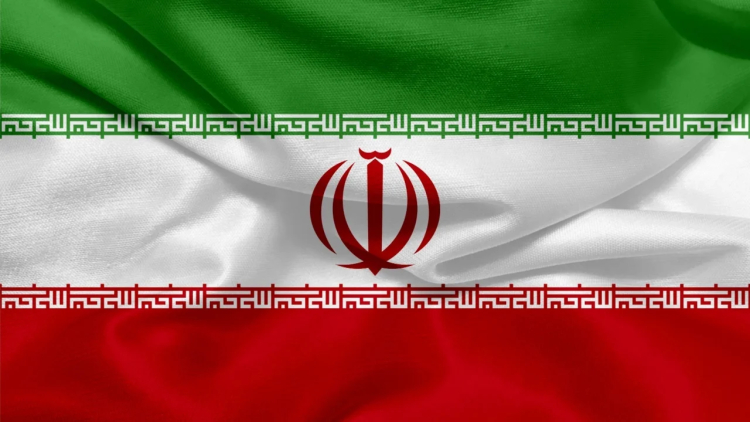BRICS Challenges Dollar Dominance: Iran Backs Local Currency Framework
BRICS nations are advancing dedollarization, with Iran emphasizing local currency trade to counter economic sanctions and boost financial sovereignty.

BRICS Challenges Dollar Dominance: Iran Backs Local Currency Framework
Breaking Free From the Dollar: Iran Pushes BRICS Toward Financial Sovereignty
Countries around the world are moving to reduce their reliance on the U.S. dollar in international trade, marking a significant shift in global financial dynamics. On January 22, Iran’s supreme leader, Ayatollah Ali Khamenei, highlighted the growing use of national currencies among BRICS nations as a crucial step toward financial independence and reducing economic vulnerabilities.
Khamenei emphasized the importance of this transition, stating:
“One of our challenges is the reliance on the dollar. The financial framework of BRICS and transactions between BRICS nations in local currencies will undoubtedly help address this issue.”
He also noted the necessity for nations under sanctions to leverage their internal capabilities to overcome economic hurdles. The BRICS bloc, which now includes 10 member states—Brazil, Russia, India, China, South Africa, Egypt, Ethiopia, Iran, the United Arab Emirates (UAE), and Indonesia—has been at the forefront of this movement.
Progress in Dedollarization
The increasing use of national currencies in trade among BRICS countries reflects the bloc’s commitment to financial sovereignty. Russian Foreign Minister Sergey Lavrov stated last November that 65% of total trade among BRICS members is now conducted in national currencies, signaling significant progress in reducing dependency on the U.S. dollar for both bilateral and multilateral transactions.
This trend is not limited to BRICS. Other coalitions, such as the Association of Southeast Asian Nations (ASEAN), are also actively exploring strategies to reduce their reliance on the dollar. These efforts align with a broader global initiative to diversify currency usage in international trade and mitigate risks associated with overreliance on a single currency.
Countering Sanctions With Financial Independence
Sanctions imposed by the U.S. on countries like Russia and Iran have accelerated efforts to diminish the dollar’s dominance in global trade. By adopting alternative currencies and financial frameworks, nations aim to bypass the economic challenges posed by dollar-based sanctions. This shift not only mitigates economic risks but also promotes greater financial autonomy.
Khamenei’s statements underline the urgency for BRICS nations to strengthen their financial infrastructure and reinforce their commitment to dedollarization. As global trade continues to evolve, this trend toward financial diversification may reshape international economic relationships and challenge the dollar’s long-held dominance in global markets.
What's Your Reaction?















